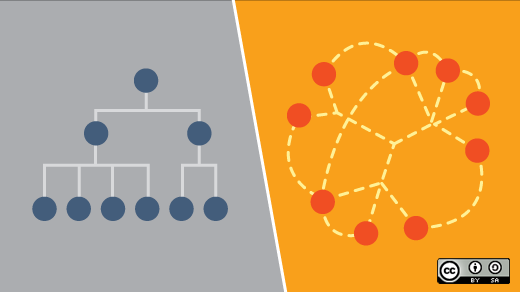In this short TED video clip, Yochai Benkler provides a useful framing of what he terms “social production.”
In the past, Benkler argues, prominent transactional frameworks for exchange were largely categorized as follows:
- Price system: A decentralized, market-based exchange system
- Firm hierarchy: A centralized, market-based exchange system
- Government/non-profit: A centralized, non-market-based exchange system
Before the cost of communication dropped precipitously, Benlker suggests that it was too expensive to have a decentralized social production exchange system. Today however, citing open source projects such as SETI@home and Apache, he makes the claim that social sharing and exchange is emerging as a significant and sustained factor of production.
Moreover, social production creates a new form of competition for firms who operate in the centralized market-based framework.
- Peer-to-peer file sharing creates is competing with the recording industry
- Free and open source software is competing with traditional IT companies
- IP telephony is competing with traditional telecom industry
What we are witnessing here is the emergence of social production as a fourth transactional framework.
Benkler argues that social production is not a fad; it is a fact. While it does represent a new form of competition for incumbents, it also represents a new source of opportunity for everyone.
The question he leaves us with, and the one that I believe opensource.com is meant to explore, is this: How will this new model of social production develop alongside the traditional industrial information economy?






2 Comments